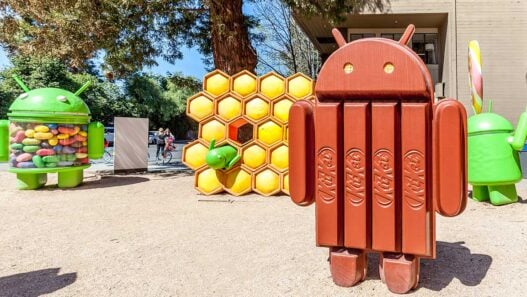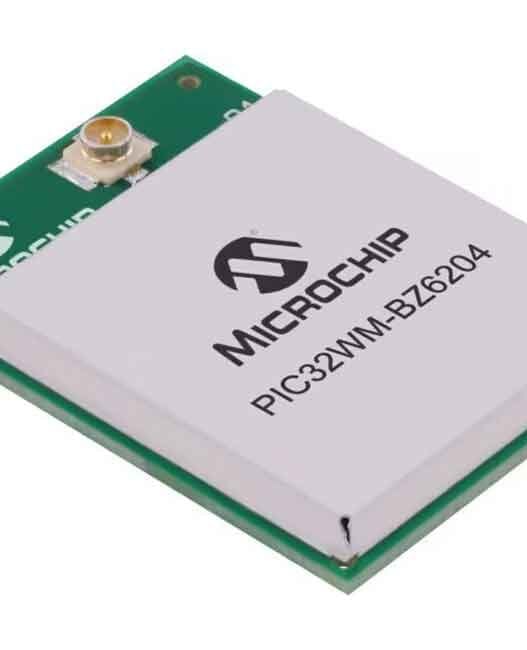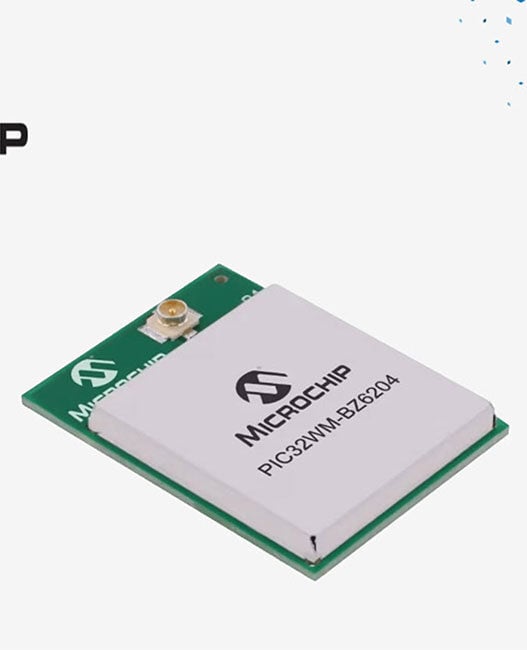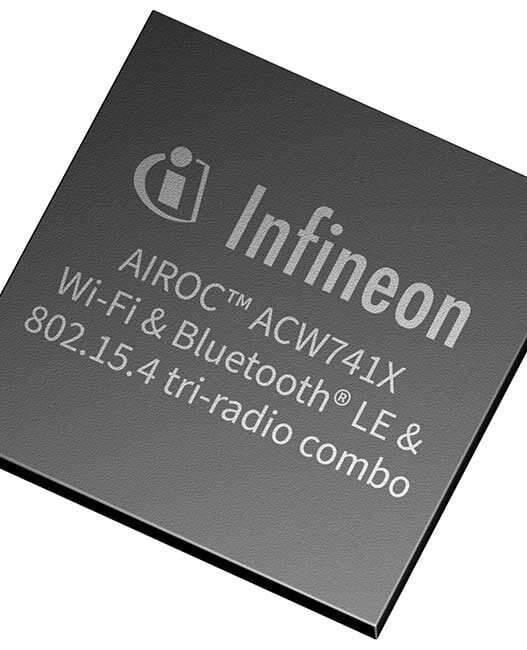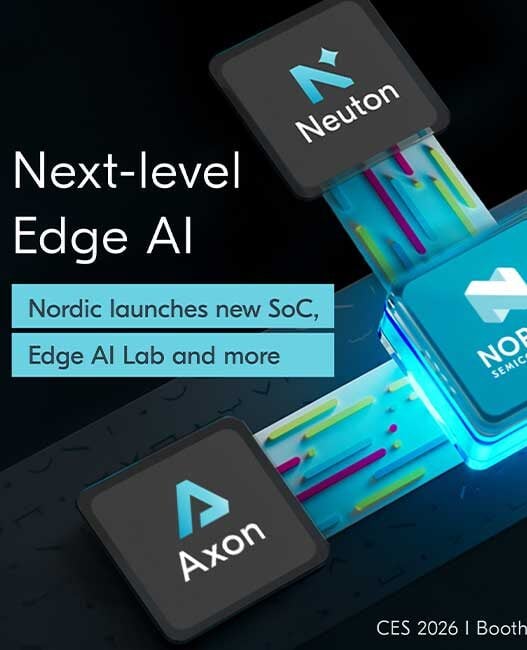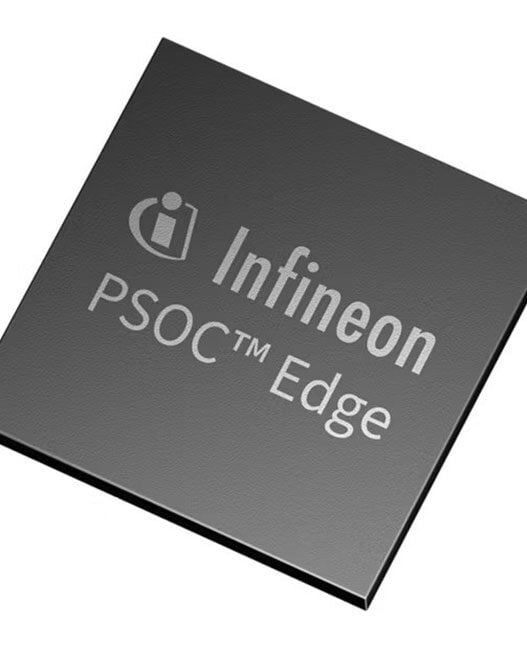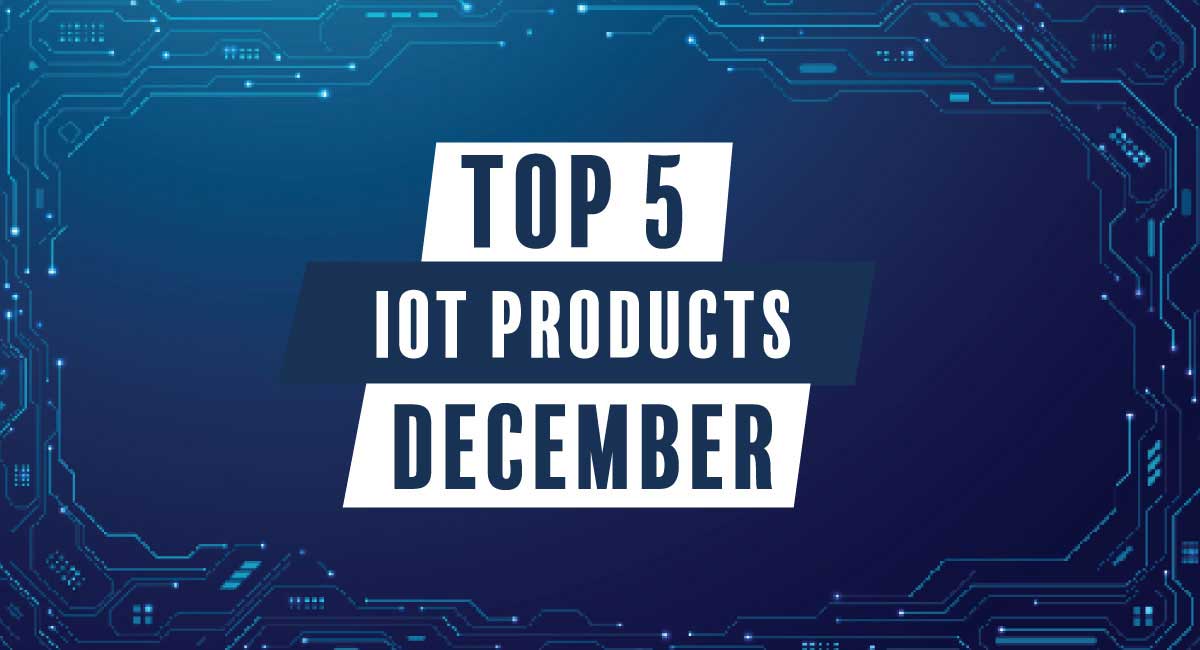The Alliance announced the release of version 1.3 of the Matter specification and SDK, now available for integration by device makers and platforms into their products. This update represents a significant advancement, facilitating the creation of devices that improve user experiences in the kitchen and laundry room, enhance entertainment and interaction with smart home features on screens, and increase efficiency and safety through new energy and water management support.
The introduction of these new device types and functionalities in Matter 1.3 allows product manufacturers and controllers to commence the implementation and certification of these features in both new and existing products. As member companies devote the necessary time to integrate, test, and deploy these updates and new devices, the Alliance anticipates future announcements concerning the delivery of these capabilities to users via Matter.
Supported by its Membership and bolstered by the active involvement of a robust community of engineers and product experts worldwide, the Members remain dedicated to promoting Matter as the optimal route to providing increased simplicity, interoperability, security, and value to consumers. With the introduction of version 1.3, Matter continues to broaden its influence across the smart home sector and the IoT ecosystem.
New support for water and energy management devices
Energy Management – to help users understand and manage their energy use, save money, and reduce their carbon footprint, Matter 1.3 introduces new energy reporting capabilities. This enables any device type to include the ability to report actual and estimated measurements including instantaneous power, voltage, current, and others, in real-time, as well as its energy consumption or generation over time.
Electric vehicle charging – Matter 1.3’s energy features also enable new energy-centric devices, the first of which are Electric Vehicle Supply Equipment (EVSE). This enables EV Charging equipment manufacturers to present a consumer-friendly way to control how and when they charge their vehicles. It features the ability to manually start or stop charging, adjust the charging rate, or specify how many miles of range to be added by a set departure time, leaving the charging station to automatically optimise the charging to happen at the cheapest and lowest carbon times.
Water management – support for leak and freeze detectors, rain sensors, and controllable water valves provide homeowners with enhanced monitoring, management, and protection over water in and around their homes.
New major appliance types
Matter 1.3 addd support for more appliances, encompassing a range of major household devices essential to everyday living.
Among the newly supported device types:
Microwave ovens – users can control the cooking time, power level, and mode of operation and receive notifications, such as ‘end of cycle’ or ‘food ready’ when the microwave completes operation. For a microwave installed in an “over-the-range” configuration, the specification also supports control of an extractor fan and light typical in such scenarios.
Ovens – configurations including built-in, stand-alone, or as part of a range with an associated cooktop are included in the Matter 1.3 update. Each oven compartment can be individually controlled from an operational mode (standard, convection bake, roast, steam, broil/grill, proofing) and temperature-setting perspective with information related to the state of the oven (i.e., preheating or cooling). Notifications such as preheating and target temperature achieved are supported.
Cooktop – with Matter 1.3, there is support for cooktops, allowing for remote access and control (typically induction-based devices). The cooktop’s individual elements allow for temperature control and measurement (where regulation allows).
Extractor hood (cooker hood, vent hood) – Matter 1.3 supports cooktops and ranges in conjunction with cooktop hoods. It allows for the control of both the light and fan settings in such devices, as well as the status/end-of-life of any filter material used (i.e., HEPA filters).
Laundry dryers – With Matter 1.2 including support for laundry washers, Matter 1.3 completes the pairing with the addition of support for laundry dryers. Users can set the dryer mode and target temperature and depending on local safety regulations, remotely start and stop the dryer. Notifications like “end of cycle” and alarms on error states (as vendor-specified) are supported.
Enhanced entertainment and smart home management functionality for media devices
Matter casting media players/TVs – Matter 1.3 offers improvements to TV functionality, including push messages and dialogue support for new ambient experiences, casting initialisation enhancements, expanded interactivity options for TV apps, text and track support, and improved search functionality. Interaction with other devices in the home is also enhanced, enabling other Matter devices to send notifications to TVs or other devices with screens (for instance, notifying that a robot vacuum is stuck, the laundry is done, etc.)
Additional new features & core improvements
The latest update to Matter provides more than new device types and capabilities; it also includes new features and core improvements that can enhance Matter-enabled user experiences.
User experience enhancements
Scenes – scenes are now supported, providing a standards-based method for product makers and smart home platforms to set, read, and activate scenes on devices. Scenes enable users to create a desired state for devices, rooms, or their whole home, by combining settings in devices that can be triggered with one command. For example, a user can set a scene that defines a colour and brightness for each of a number of lights, and they can deploy that state synchronously across multiple lights with one command. Devices are also able to store what scenes they are a part of, reducing the number of individual commands needed to execute a scene transition, and improving responsiveness.
Command batching – a Matter controller can now batch multiple commands into a single message when communicating with Matter devices to minimise the delay between the execution of those commands. For example, when used with a Matter bridge, batched commands can affect multiple devices allowing the bridge to provide a more synchronised experience. Common examples include minimising the ‘popcorn effect’ sometimes seen in smart lighting applications.
Debugging and developer experience improvements
Improved Network Commissioning – Network Commissioning now allows devices to report which Wi-Fi bands they support. Mandatory support of Wi-Fi directed scan enables more actionable connectivity error reporting during setup. For Thread devices, the Network Commissioning cluster now includes attributes to communicate the devices’ Thread version and supported features.
Event timestamp synchronisation – timestamps of events can be synchronised across devices, even if an individual device doesn’t support time synchronisation.
Extended beaconing period – allows devices to beacon for longer periods, allowing a larger time window for users to commission their devices for the first time.
Cluster revisions – several clusters have undergone noteworthy revisions, including Basic Information, Channel, Door Lock, General Diagnostics, Media Playback, Network Commissioning, Power Source, and Thermostat clusters.
Automatic SDK XML cluster description from spec text – new tooling eases alignment between the Matter Specification and SDK functions. The tooling makes it easier to develop new standardised clusters. It also promotes interoperability as we apply the tooling to eliminate inconsistencies between the technical spec and the Matter SDK improving the consistency of implementations.
Developers interested in learning more about these enhancements can access the following resources:







